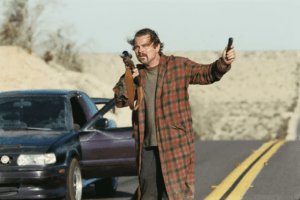Nine years ago, as a 16-year-old writing her first novel, I came across a brilliant movie playing on TV. It was sad to say the least, but years later, there is one scene from Udaan that I just can’t get out of my head. To be honest, I forgot most of the movie apart from those 30 seconds in the film that made an impact on my heart as an amateur writer.
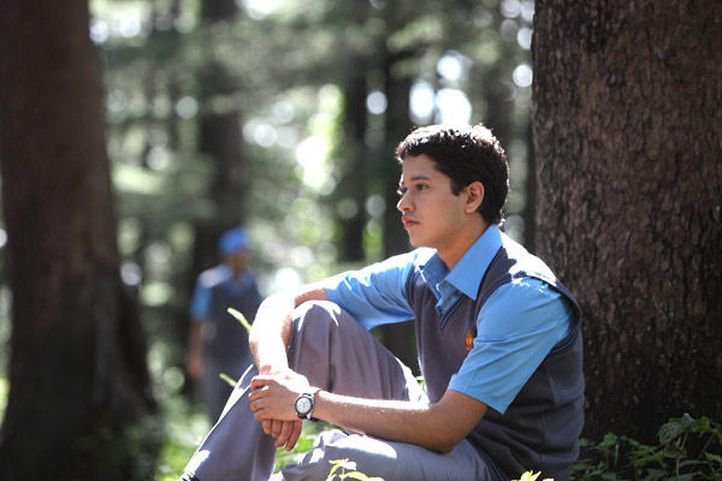
This Vikramaditya Motwane debut film follows the story of a young 17-year-old boy who is kicked out of a boarding school and finds himself back in the same house as his emotional and physically abusive alcoholic father.
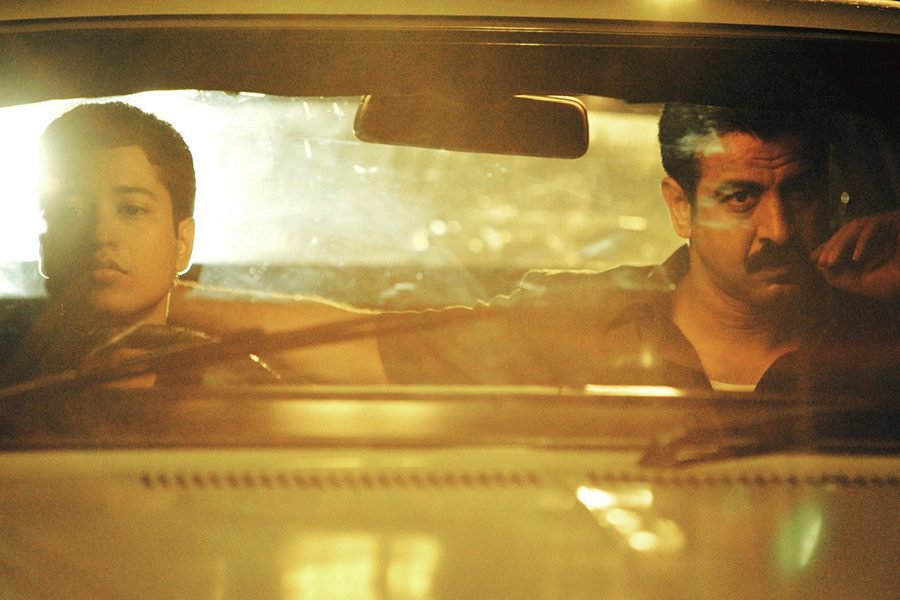
Amidst the chaos that ensues in this dysfunctional household, you catch a glimpse of Rohan’s beautiful thought-provoking poetry.
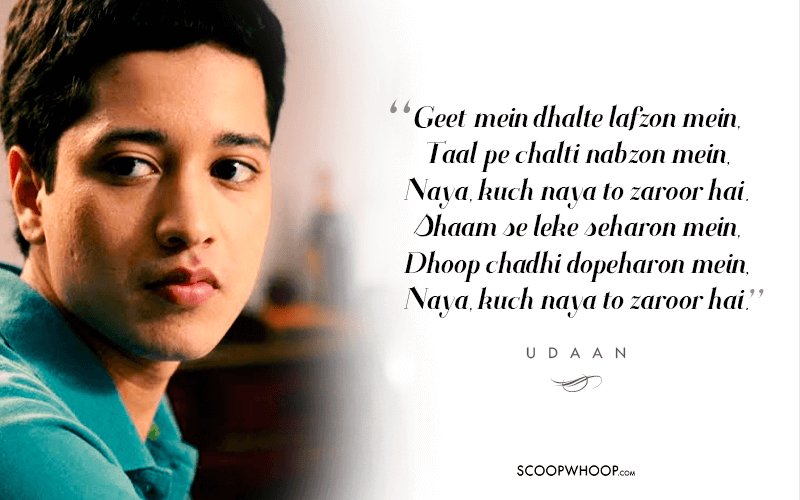
He wants to be a writer, he says as he has a family dinner with his father and his chacha’s family. But like the ‘Hitler’ his father is, he says Rohan will be an engineer and not a writer.
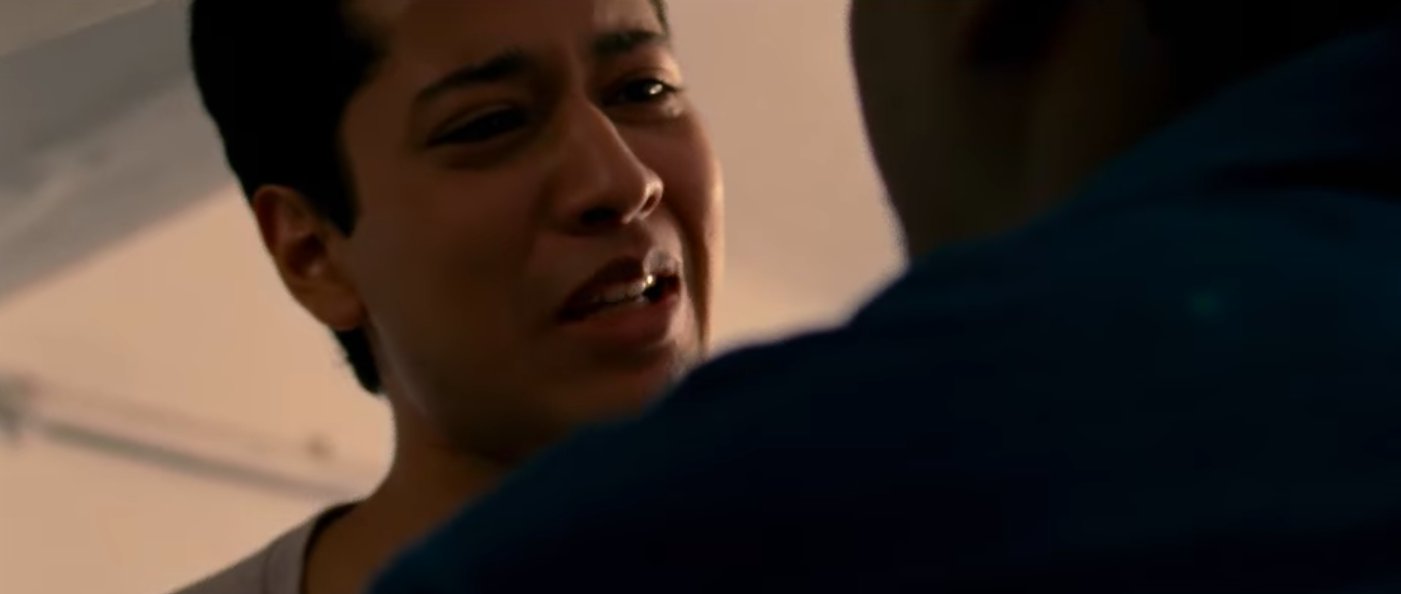
Little did I know that this was only the first nail in the coffin, because the scene that followed suite hit me like a ton of bricks. After an argument with the chachu, Jimmy (Ram Kapoor) who wants to adopt the younger step-brother. Rohan’s abusive father takes a step that broke every writer’s heart.
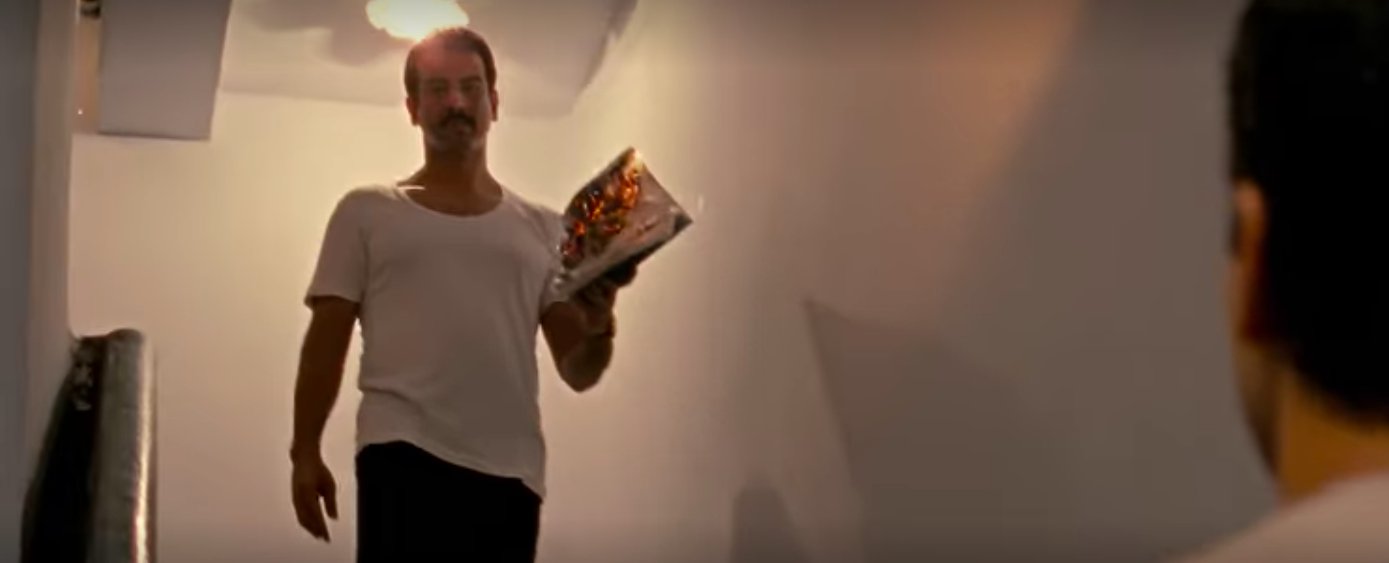
As Rohan makes his way up the stairs, his father stands there with a stone cold expression and a burning book in his hand. The book in which Rohan wrote his novel, the only copy of the words he spent years writing.
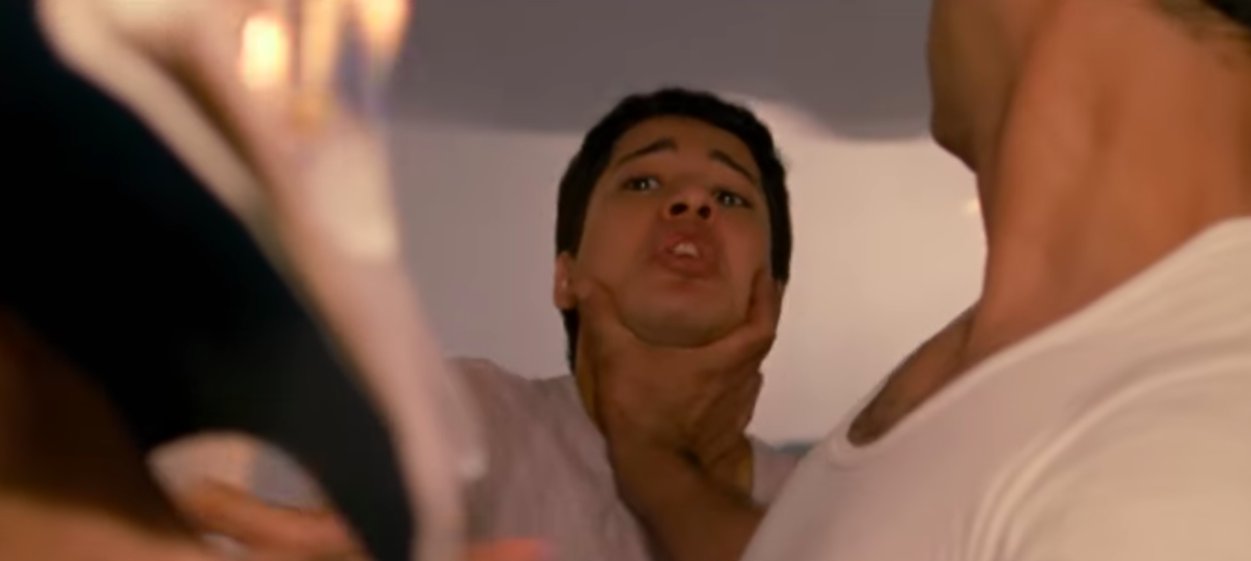
To me, it seemed like a flashback, to every hater I’d ever come across. To every teacher who told me I couldn’t write, to every friend who said books were a waste of my time. In that second, I connected with Rohan as an artist, not just as a teenager.
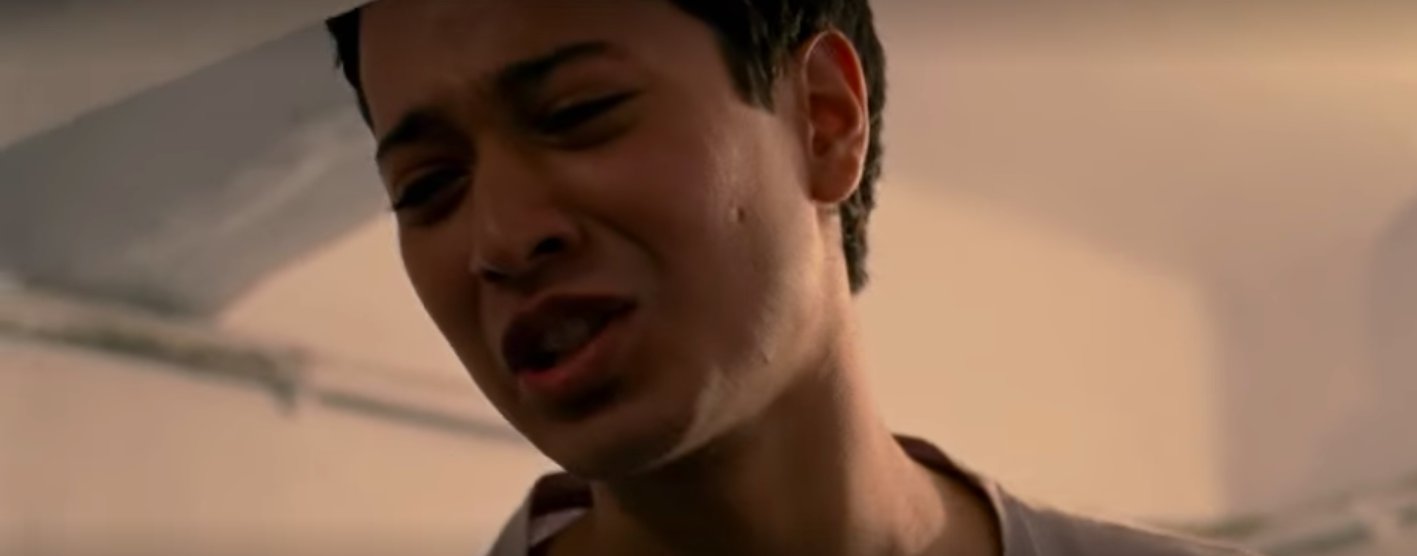
I remember sobbing relentlessly (as I did while writing this story) when Rohan begs his father to let the book go, tears in his eyes. Papa voh nahi, please sir. And when his father does throw the book down the stairs, he tries to put out the fire, helpless as it burns his fingers, trying to salvage what is left of his work.
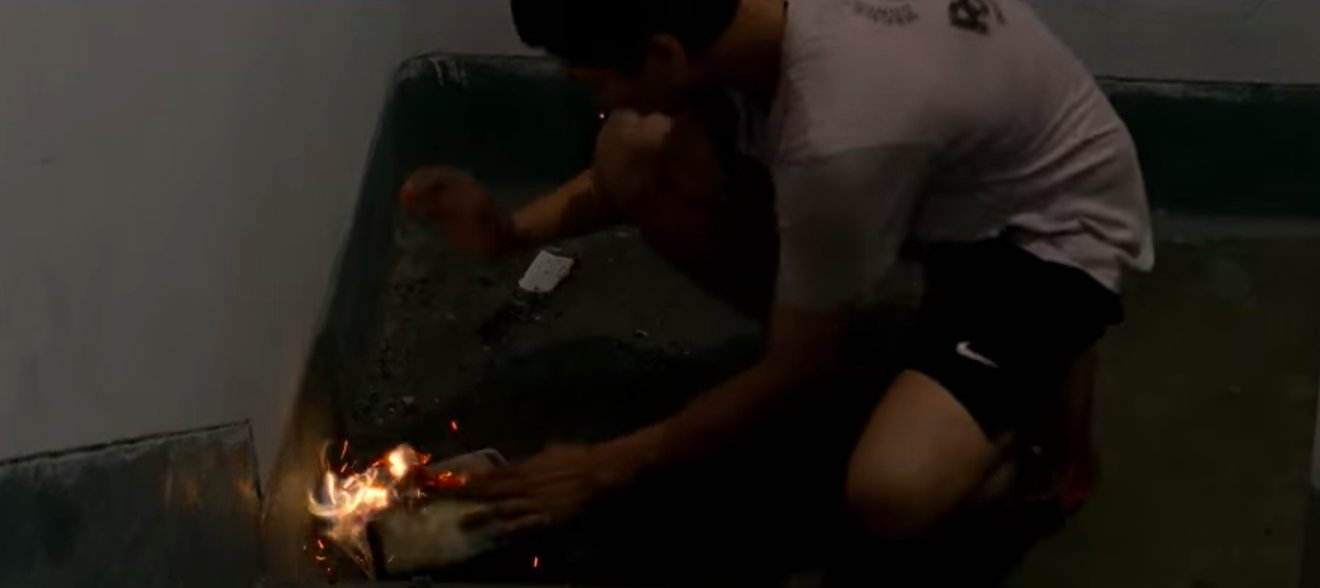
The work he may never be able to recreate. This book represented something so much more than just words on a paper. In this scene, his father set fire to his dreams, to the future he may have had. To everything a writer holds dear, his one book of thoughts.
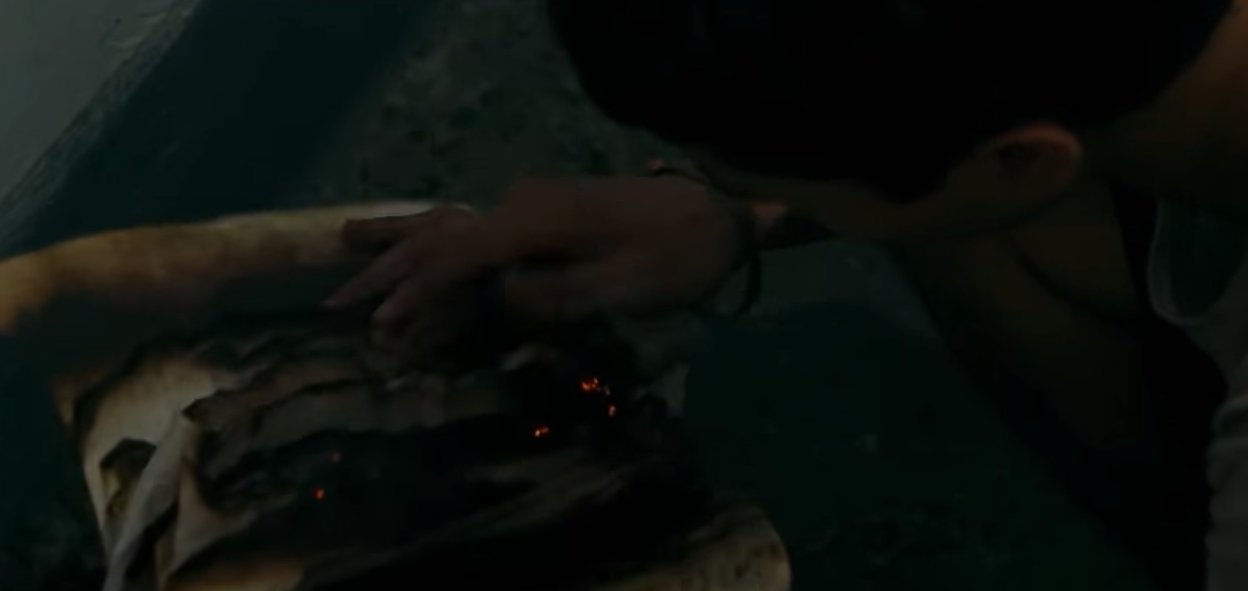
Add into this mix Amit Trivedi and Amitabh Bhattacharya’s brilliant song Naav which plays in the background of this scene, you will be left emotionally wreaked.
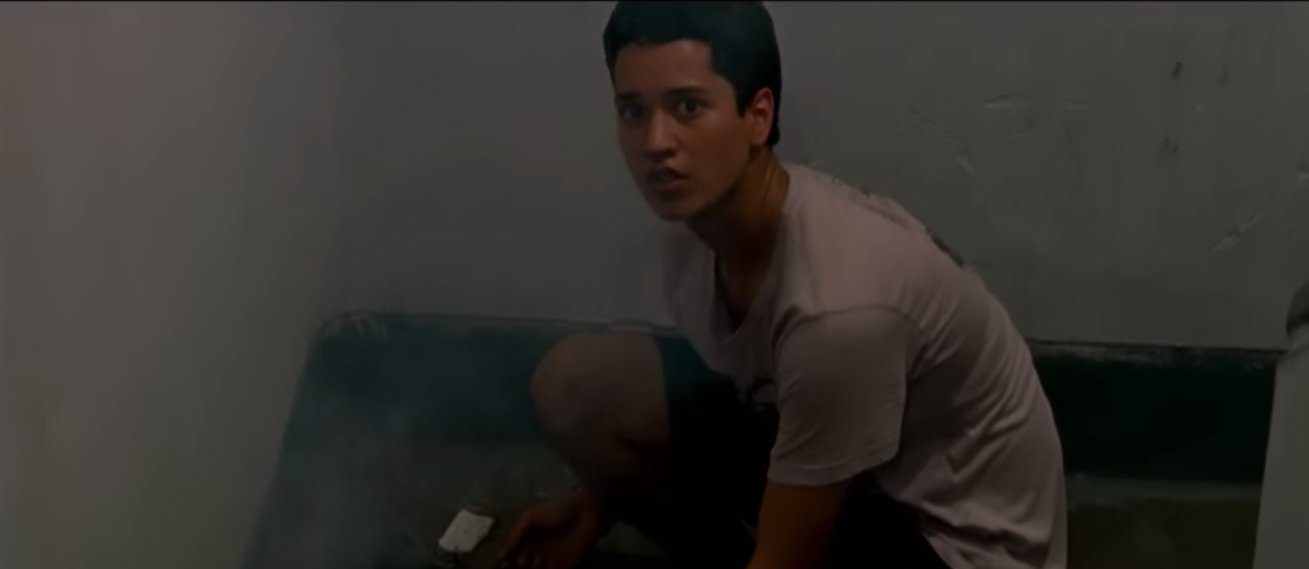
Rajat Barmecha’s portrayal of Rohan is so honest and raw, that it’s difficult to forget the impact this film made, even 10 years later. So thank you, Udaan, for giving me a film that will always have a special place in my fragile writer heart. Thank you for understanding the struggle behind being good at something that isn’t mainstream and for giving us a scene that is still relevant, years later.




